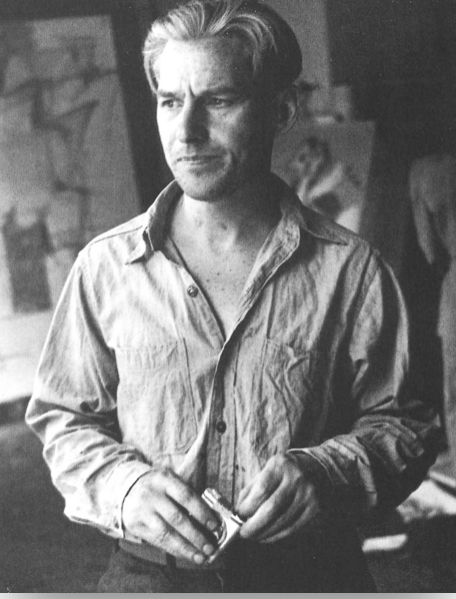 William de Kooning
William de Kooning
(24.04.1904-19.03.1997)
A first-generation Abstract Expressionist, Willem de Kooning is one of the most important artists of the 20th century. In 1950s New York, when painters such as Jackson Pollock and Franz Kline were moving toward pure abstraction, de Kooning developed a signature style that fused vivid color and aggressive paint handling with deconstructed images of the female form—a then-controversial body of work that has become known as his “Women” series. In his later years, de Kooning abandoned the figure, embracing lyrical abstraction and more discreet references to the body. Today, de Kooning’s innovative abstractions can be found in the public collections of Tate Modern, the Metropolitan Museum of Art, and the National Gallery of Art in Washington, D.C., among others. The artist’s work has fetched more than $68 million at auction. Influenced by Arshile Gorky and Pablo Picasso, de Kooning was often thought to have blended abstraction, Cubism, and Surrealism, paving the way for generations of gestural painters such as Cecily Brown.
He has had numerous gallery and museum exhibitions, including at the Fondation Beyeler, Basel and at the Whitney Museum of American Art. Many works by the artist have been sold at auction, including 'Untitled XXV' sold at Christie's New York 'Post-War & Contemporary Art Evening Sale' in 2016 for $66,327,500. There have been numerous articles about Willem de Kooning, including 'They Met Over Coffee and Jackson Pollock' written by Warren Strugatch for New York Times Magazine in 2017.